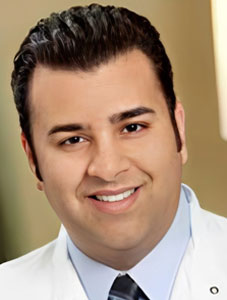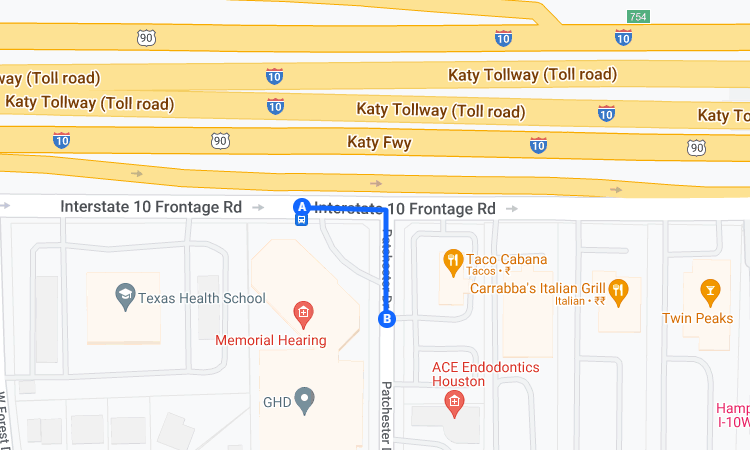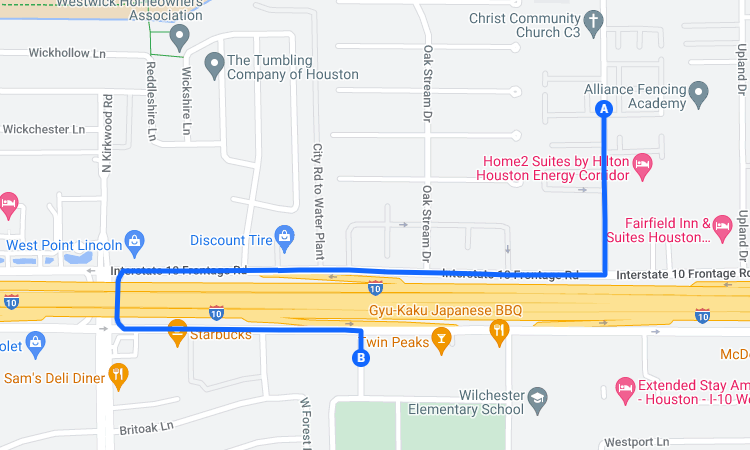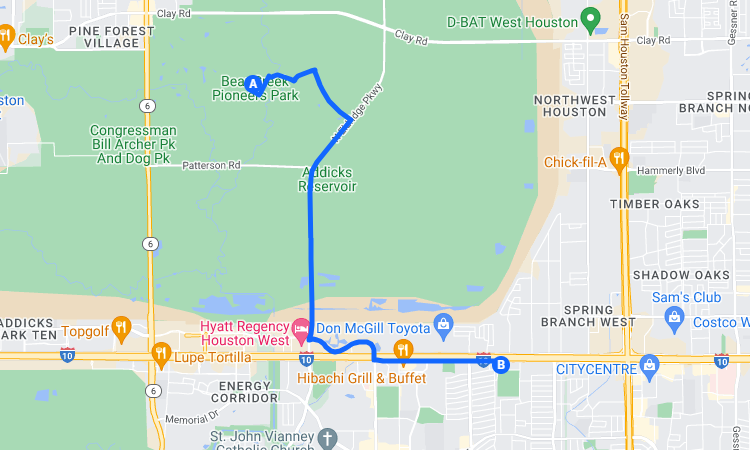Best Periodontal (Gum) Disease Treatment In Katy Fwy, Houston, TX 77079
Welcome to Prestige Family Dentistry and Kidzone Dental in Katy Fwy Houston, TX 77079! Our dedicated team offers expert care in Periodontal Disease Treatment, combating gum disease with precision and compassion. From initial diagnosis to personalized treatment plans, rely on us to restore your oral health and protect your smile. Explore comprehensive care and lasting solutions for gum disease at Prestige Family Dentistry and Kidzone Dental.
Board-Certified Dentists In Katy Fwy Houston, TX 77079
How To Reach Prestige Family Dentistry and Kidzone Dental
How To Get To The Prestige Family Dentistry And Kidzone Dental
By Drive By Yourself
By Public Transport
The Nearest Public Transport Station To Prestige Family Dentistry And Kidzone Dental
Britoak Ln @ Yorkchester 0.2 miles from Prestige Family Dentistry And Kidzone Dental, Houston.
Sherwood Forest St @ Sherwood Oak 1.1 miles from Prestige Family Dentistry And Kidzone Dental, Houston.
What Is Periodontal Disease?
Periodontal disease, often referred to as gum disease, is a chronic inflammatory condition that affects the tissues surrounding and supporting the teeth. It is primarily caused by bacterial plaque buildup along the gumline and below it. When plaque is not removed through proper oral hygiene practices like brushing and flossing, it hardens into tartar, leading to inflammation and infection of the gums. If left untreated, periodontal disease can progress, causing gum recession, tooth loss, and other complications. Proper diagnosis and timely intervention are essential to manage and prevent the progression of periodontal disease.
Symptoms Of Periodontal Disease
Symptoms of periodontal disease can vary depending on the stage of the condition, but common signs to watch for include:
Gingivitis:
- Red, swollen gums
- Tender or bleeding gums, especially during brushing or flossing
- Persistent bad breath
Periodontitis:
- Pockets forming between the teeth and gums
- Gum recession, leading to exposed tooth roots
- Loose or shifting teeth
- Changes in the way teeth fit together when biting
- Pus between teeth and gums
- Changes in the fit of dentures
What Causes Periodontal Disease?
Periodontal disease, commonly known as gum disease, is primarily caused by bacterial plaque buildup along the gumline and below it. Plaque is a sticky film that forms on the teeth when bacteria combine with saliva and food particles. If plaque is not removed through regular brushing and flossing, it can harden into tartar (also called calculus) within 24 to 72 hours.
The bacteria in plaque and tartar produce toxins that irritate the gums, leading to inflammation and infection. This initial stage of gum disease is called gingivitis. If left untreated, gingivitis can progress to periodontitis, a more severe form of gum disease characterized by the destruction of the tissues and bone that support the teeth.
Apart from plaque and tartar buildup, other factors can contribute to the development of periodontal disease, including:
Poor Oral Hygiene: Inadequate brushing and flossing allow plaque to accumulate, increasing the risk of gum disease.
Smoking And Tobacco Use: Tobacco use weakens the immune system and reduces blood flow to the gums, making it harder for the body to fight off infection.
Systemic Diseases: Conditions such as diabetes, autoimmune disorders, and HIV/AIDS can compromise the body's ability to fight infection, increasing the risk of gum disease.
Hormonal Changes: Hormonal fluctuations during puberty, pregnancy, menstruation, and menopause can make gums more sensitive and prone to inflammation.
Medications: Certain medications, such as anticonvulsants, immunosuppressants, and some heart medications, can affect oral health by causing gum overgrowth or dry mouth.
Poor Nutrition: A diet lacking in essential nutrients, especially vitamin C, can weaken the immune system and impair gum health.
Stress: Chronic stress can weaken the body's immune response, making it harder to fight off infections, including gum disease.
Understanding the causes of periodontal disease is crucial for prevention and early intervention.
How Is Periodontal Disease Treated?
Periodontal disease, or gum disease, can be treated through various methods depending on the severity of the condition. Treatment aims to reduce inflammation, control infection, and prevent further damage to the gums and supporting structures. Here are some common approaches to treating periodontal disease:
Non-Surgical Treatments:
Professional Dental Cleaning: The dentist or dental hygienist performs a thorough cleaning, known as scaling and root planing, to remove plaque and tartar buildup from the teeth and root surfaces.
Antibiotic Therapy: Antibacterial mouth rinses or oral antibiotics may be prescribed to control bacterial infection and reduce inflammation.
Surgical Treatments:
Flap Surgery: In advanced cases of periodontitis, flap surgery may be recommended to remove tartar deposits deep within the pockets between the gums and teeth. The gums are lifted back, and the roots of the teeth are cleaned and smoothed before the gums are repositioned and sutured in place.
Bone Grafts And Tissue Regeneration: If periodontal disease has caused significant bone loss around the teeth, bone grafts or tissue regeneration procedures may be performed to regenerate lost bone and tissue support.
Laser Gum Therapy:
Laser-assisted periodontal therapy is an emerging treatment option that uses laser energy to remove inflamed gum tissue and eliminate bacteria from the pockets around the teeth. Laser gum therapy is less invasive than traditional surgery and may result in faster healing and reduced discomfort.
Adjunctive Therapies:
Additional therapies such as periodontal trays or oral irrigation devices may be recommended to help manage periodontal disease and maintain oral health between dental visits.
Treatment for periodontal disease is tailored to each individual’s specific needs and the severity of their condition. Early intervention and proactive management are essential to prevent further damage to the gums and teeth and preserve oral health in the long term.
FAQs
Early signs include red, swollen gums that bleed easily, persistent bad breath, and gum recession.
While early-stage gum disease (gingivitis) can be reversed with proper oral hygiene and professional treatment, advanced periodontitis is not reversible but can be managed with appropriate care.
Periodontal disease is not directly contagious, but certain bacteria associated with the disease can be transmitted through saliva, particularly between family members.
It is recommended to visit the dentist for a periodontal evaluation at least once a year. However, individuals with a history of gum disease may need more frequent visits.
Yes, periodontal disease has been linked to various systemic conditions, including cardiovascular disease, diabetes, respiratory infections, and adverse pregnancy outcomes.


















